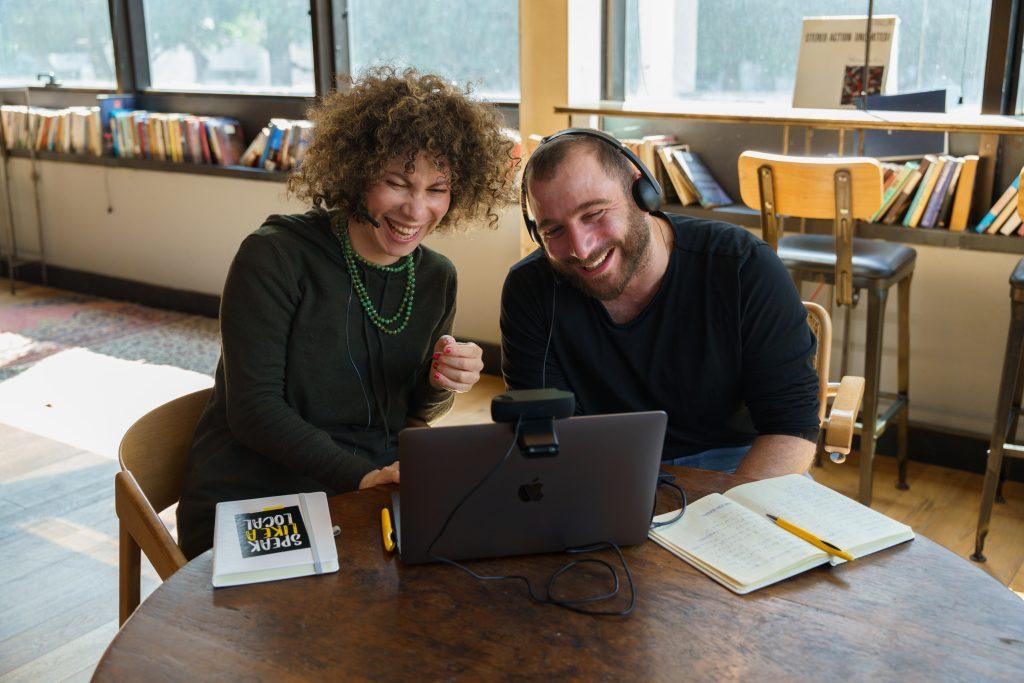A language is a living thing that changes and evolves over time. So it’s no shock that with globalization, languages are influenced by each other and foreign words find their way into daily lingos. Israelis actually use English words all the time!
For exp. if you’re in Tel Aviv, trying to fix your car, you might understand the mechanic better than you think! Words like: gear, plug, switch, radiator, and carburetor are said in English, sometimes without the speaker even knowing they’re not actually Hebrew words… In some special cases, the words are “borrowed” and then twisted to become, well… Israelized. A funny example is the word for hand-break, that for some unknown reason became אמברקס (ahm-brehks). Yes, this is how everyone actually call it.
Another group of “borrowed” words in Hebrew is the group of expressions. These words usually have a Hebrew translation, but it’s often longer and clumsier, and most Israelis wouldn’t even know it. Some examples for this group are: underdog, overrated, theoretical תיאורטי (teh-oh-reh-tee), specific ספציפי (speh-tsee-fee) and effective אפקטיבי (eh-feh-ktee-vee).
The most useful group is everyday conversational words that have become an inseparable part of daily chats. Let’s start with the most common ones: Hi היי, Bye ביי, Ok אוקיי, Sorry סורי. These words have Hebrew versions, but they’re often longer and clumsier and most Israelis don’t even know it., Other useful conversational words we use Include: tip, lobby, gimmick, comics, and jet lag.
So the next time you’re struggling to find the word you need in Hebrew, just try it in English (or in your own language) and it just might work!









